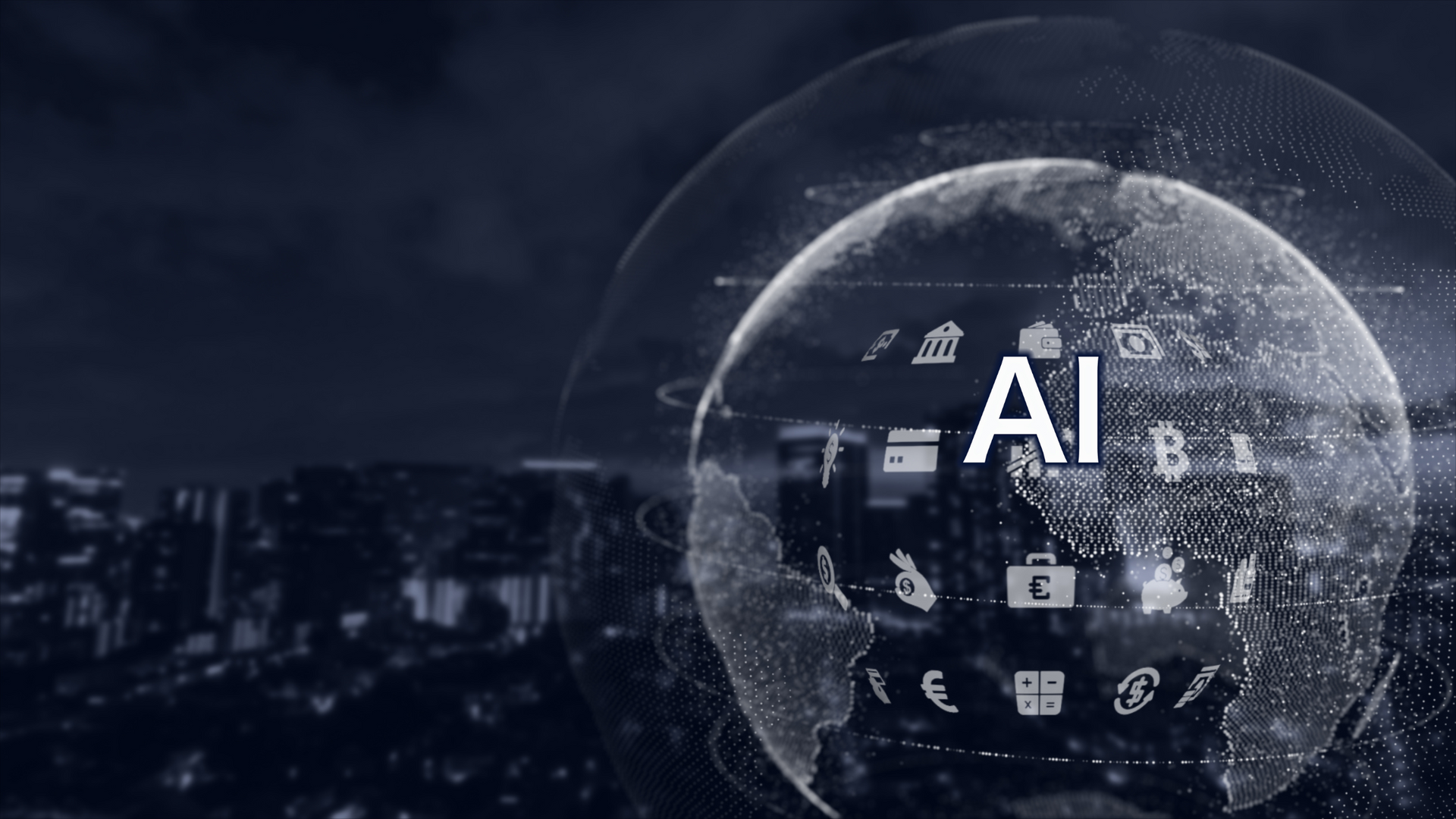Empowering employees with AI skills to drive business success.
Artificial intelligence (AI) is no longer a niche skill reserved for data scientists and engineers. It’s rapidly becoming a fundamental competency across industries, changing how businesses operate and how professionals work. AI literacy—the ability to understand, use, and engage with AI tools effectively—is now an essential skill for employees at all levels. For companies looking to stay competitive, fostering an AI-literate workforce is no longer optional; it’s a necessity.
Why AI Literacy Is Becoming a Core Skill Across All Sectors
AI is reshaping industries far beyond technology. From finance and healthcare to sales and legal services, professionals are incorporating AI-powered tools into their daily workflows to enhance productivity, automate repetitive tasks, and improve decision-making.
According to LinkedIn, the number of AI-related skills added by professionals grew by 80% over the past year. Even more significant is the surge in AI literacy skills—such as prompt engineering and proficiency in tools like ChatGPT and Copilot—which increased by 177%. This trend underscores the growing demand for professionals who can effectively leverage AI in their roles.
AI literacy is particularly critical in:
- Finance & Business Operations: AI-driven analytics help forecast trends, optimise investments, and streamline financial reporting.
- Healthcare & Life Sciences: AI is revolutionising diagnostics, drug discovery, and administrative processes.
- Sales & Marketing: AI tools personalise customer interactions, automate content creation, and analyse market trends.
- Legal & Compliance: AI-powered research tools assist in document review, contract analysis, and regulatory compliance.
As AI tools become more embedded in the workplace, employees must develop the skills to understand and collaborate with these technologies, ensuring they remain valuable contributors in an AI-driven world.
The Role of Training and Continuous Learning in AI Adoption
AI adoption isn’t just about having the right tools—it’s about ensuring employees know how to use them effectively. Many companies are investing in AI training programs to bridge the gap between technology and workforce readiness.
Key Benefits of AI Training Programs:
- Boosts Employee Productivity: Employees who understand AI can automate time-consuming tasks, allowing them to focus on higher-value work.
- Encourages Innovation: AI-literate employees are more likely to experiment with AI tools to enhance processes and develop new solutions.
- Reduces Resistance to AI Adoption: Many employees fear AI will replace their jobs. Training helps shift this mindset, showing them how AI can enhance their roles rather than eliminate them.
- Strengthens Data-Driven Decision-Making: Employees equipped with AI literacy skills can better interpret data insights, leading to more informed business decisions.
For AI adoption to be truly successful, learning must be an ongoing process. Companies must create a culture that encourages continuous education, ensuring employees remain adaptable as AI technology evolves.
Strategies Companies Can Use to Upskill Employees in AI-Related Tools
Building an AI-literate workforce requires a structured approach. Here are key strategies businesses can implement to ensure employees are equipped with the right AI skills:
1. Integrate AI Training into Employee Development Plans
- Offer AI-specific courses through platforms like LinkedIn Learning, Coursera, and Udacity.
- Provide certification opportunities in AI literacy and prompt engineering.
- Encourage cross-functional training so employees can apply AI insights across different departments.
2. Leverage Hands-On Learning and Practical Applications
- Conduct AI workshops and hackathons to foster real-world applications of AI tools.
- Assign AI-based projects where employees can test and refine their skills in a controlled environment.
- Promote peer learning by creating AI knowledge-sharing groups within the company.
3. Implement AI Mentorship and Leadership Training
- Develop internal AI champions who can guide teams on AI adoption and best practices.
- Train leadership teams to understand AI’s impact on decision-making and business strategy.
- Encourage managers to integrate AI literacy goals into performance reviews and career development discussions.
4. Encourage AI Experimentation in Daily Workflows
- Provide employees with access to AI tools such as ChatGPT, Copilot, or AI-driven analytics platforms.
- Encourage departments to experiment with AI automation in their daily tasks and share their findings.
- Support a culture where employees feel comfortable testing and adopting AI solutions without fear of failure.
5. Align AI Training with Business Goals
- Ensure AI upskilling efforts align with company objectives, whether that’s improving efficiency, enhancing customer experience, or driving innovation.
- Use AI-driven performance metrics to assess how well employees are integrating AI into their roles.
- Regularly update training programs based on the latest AI advancements and industry trends.
Conclusion
AI literacy is no longer a nice-to-have—it’s a business imperative. Companies that proactively upskill their workforce in AI-related tools and concepts will gain a competitive edge, driving efficiency, innovation, and smarter decision-making.
By investing in AI training, fostering a culture of continuous learning, and providing employees with opportunities to engage with AI tools, businesses can future-proof their workforce and thrive in an AI-driven world. The question is not whether your employees need AI skills, but how quickly you can equip them with the knowledge to succeed.
Is your workforce ready for the AI revolution? Now is the time to start building an AI-literate team that can harness the full potential of this transformative technology.








































































































